In 2024, many economists believe that there is plenty of room for fiscal policy to support economic growth. Vietnam should consider continuing to pursue a countercyclical fiscal policy, focusing on increasing spending and minimizing tax and fee exemptions.
Positive from support packages
According to many economic experts, in 2023, although there were still many difficulties in promoting economic growth, the positive effects of fiscal and monetary policies were partly demonstrated.
Accordingly, the monetary policy has been managed firmly, proactively and flexibly by the State Bank, contributing significantly to controlling inflation, stabilizing the macro-economy and supporting economic growth at 5.05%, among the highest in the region and the world. With fiscal policy, support packages for value-added tax (VAT), exemptions and reductions of taxes, fees, land rents, etc. have all been quite effective, contributing to supporting the business community to overcome difficulties, recover and develop production and business.
 |
| Reducing VAT will stimulate consumption, thereby boosting production. |
Mr. To Hoai Nam, Vice President of the Vietnam Association of Small and Medium Enterprises, said that the support packages to reduce VAT, special consumption tax, environmental protection tax on gasoline, etc. last year had a direct effect in helping to restore the production and business activities of many enterprises. “The total value of the fiscal support packages last year was nearly VND200 trillion. The policies were issued and implemented promptly, creating large support resources and were highly appreciated by the business community,” said Mr. Nam.
Sharing the same view, Dr. Vo Tri Thanh - Economic expert said that the tax and fee reduction policy in the past year is one of the policies with immediate effectiveness. Because this group of policies goes into practice quickly, without having to go through the stages of deployment, implementation and brings direct benefits to businesses.
According to Mr. Thanh, although there are still some support policy groups, such as the 2% loan support package with a source of 40,000 billion VND from the budget, the disbursement rate is not high, but it has basically had a positive effect in some sectors.
In particular, according to many experts, the good coordination between Vietnam's fiscal and monetary policies over the past year has helped improve financial market liquidity, reduce pressure on interest rates and exchange rates, and especially the recovery of the bond and real estate markets, thereby contributing significantly to controlling inflation and stabilizing the macro economy.
Mr. Frederic Neunamni, Head of Asian Economic Research at HSBC, said that Vietnam's inflation control in 2023 was greatly contributed by the SBV's four reductions in operating interest rates, which went against the monetary policies of many countries around the world. At the same time, tax deferrals, reductions in some taxes and fees, and restructuring of maturing loans have helped businesses reduce input costs, thereby reducing product prices and stimulating shopping and consumption.
Expectations from extended fiscal support channel
According to experts, in 2024 the economy will still face many difficulties due to the impact of external "headwinds". Meanwhile, the room for monetary policy is quite limited. Therefore, to achieve the growth target of 6-6.5%, it is necessary to rely more on fiscal policy. According to the macroeconomic research team of the Banking University of Ho Chi Minh City, this year, although the real estate market and corporate bonds are still facing prolonged difficulties, the fiscal policy group will have ample room to become the key to boosting domestic demand. Specifically, the adjusted wage policy will have a significant impact on increasing GDP. Public investment in 2024 will also accelerate.
“Temporary tax deferrals, environmental tax cuts, and value-added tax cuts will also bring positive impacts to households and businesses,” said Associate Professor Dr. Nguyen Duc Trung, Principal of Banking University of Ho Chi Minh City.
Sharing more about the bright spots of the economy in 2024, Associate Professor, Dr. Nguyen Khac Quoc Bao, Deputy Director of Ho Chi Minh City University of Economics, said that this year, the extension of the VAT reduction policy will have a positive impact on many businesses. Increased consumer spending will stimulate domestic "aggregate demand". Thereby, contributing to reducing inflationary pressure, continuing the momentum of economic growth recovery in the first months of the year.
According to Mr. Bao, it is forecasted that in 2024, the world's inflation trend will decrease, and the pressure of price increases on monetary policies will also decrease. Inventories in major markets such as the US and EU peaked at the end of 2023 and will decrease in the coming time, creating opportunities for exports. In addition, public investment is still difficult, but capital will still be pushed out strongly because 2024 is a pivotal year for the 2021-2025 period, not to mention that last year, legal documents related to the real estate market and infrastructure construction such as the Housing Law 2023, the Real Estate Business Law 2023, or the draft Land Law about to be passed by the National Assembly have all been amended and supplemented with many very positive points.
From a recommendation perspective, experts at the IMF believe that in the 2022-2023 period, in the context of declining business confidence and weakening corporate borrowing needs, Vietnam has applied countercyclical fiscal policies quite effectively. Fiscal support policies in 2024 should continue to be implemented in the direction of increasing public investment spending, minimizing taxes, fees, administrative reforms, and investment procedures to stimulate aggregate demand.
In the long term, Vietnam should focus on perfecting the legal framework for the development of the digital economy, green economy, circular economy, energy transition, carbon credit market, etc. Meanwhile, on the business side, in addition to proactively restructuring operations, controlling cash flow risks and diversifying capital sources, the supply of goods also needs to provide roadmaps for applying green production, green consumption and investing in technology, digital human resources, and digital data to increase competitiveness.
Source link
















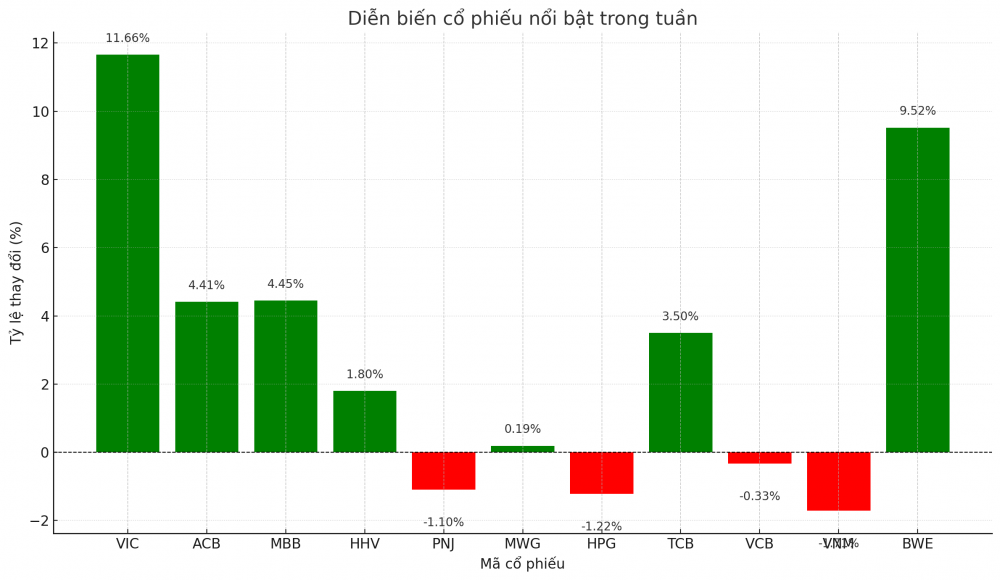


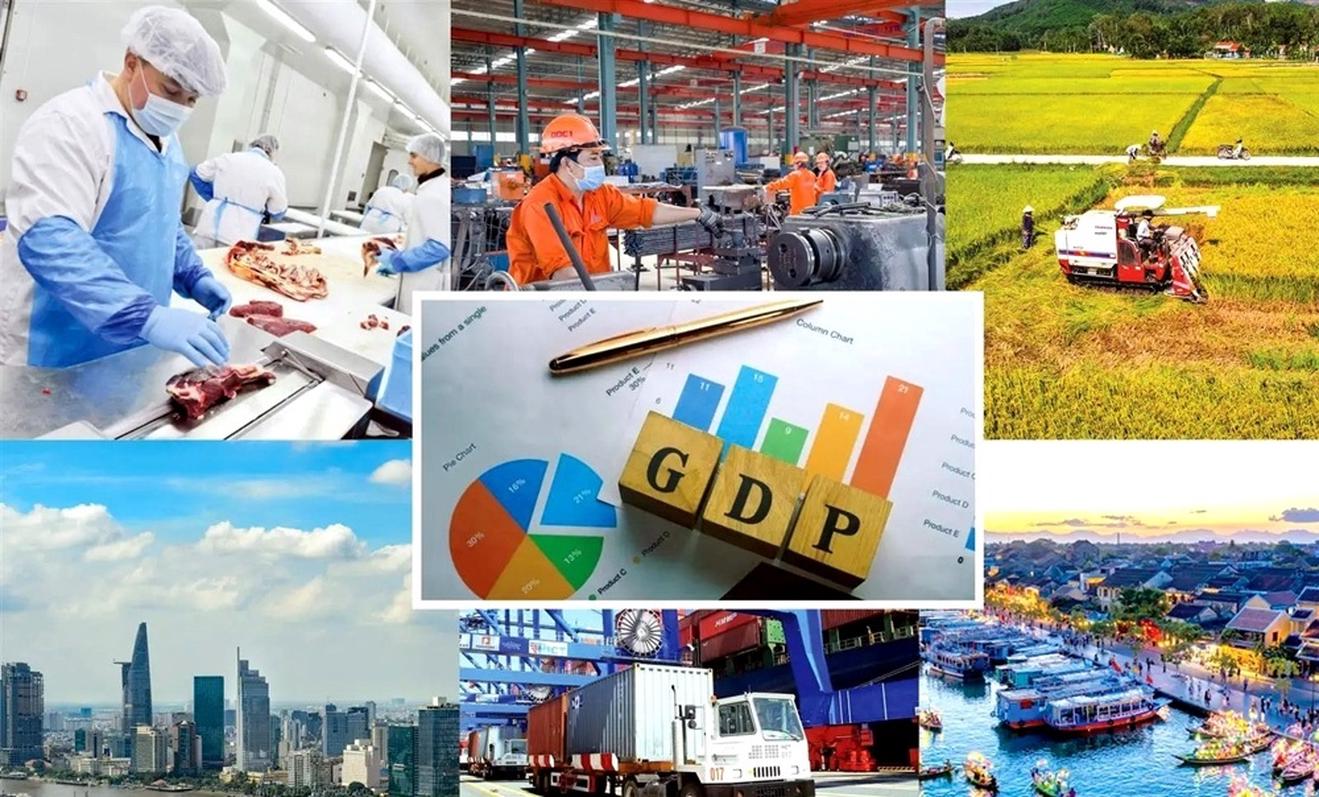




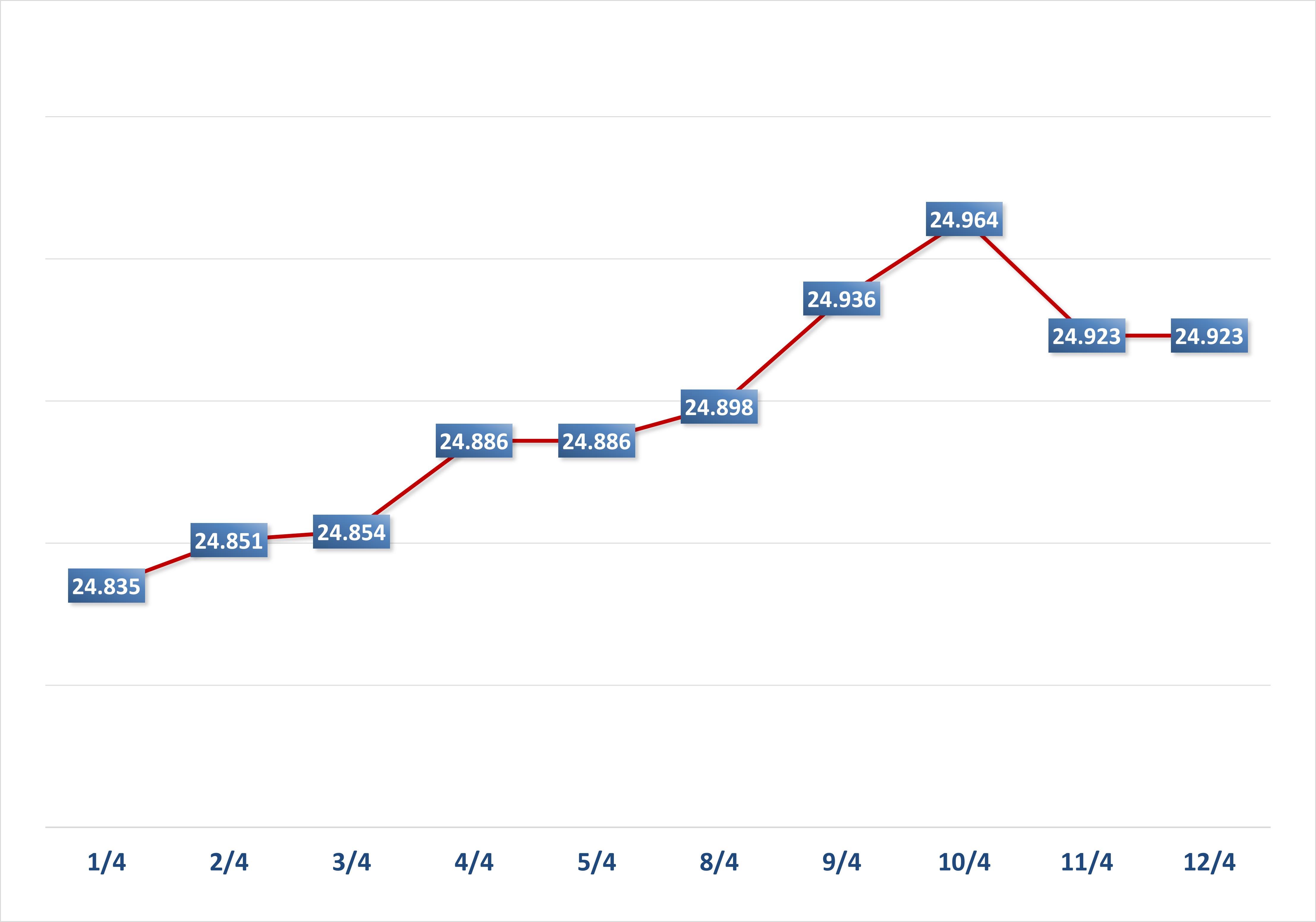


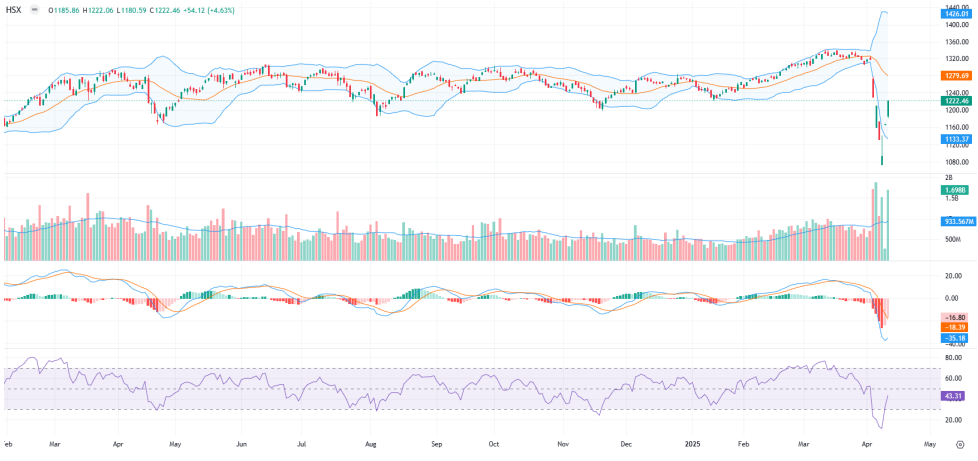

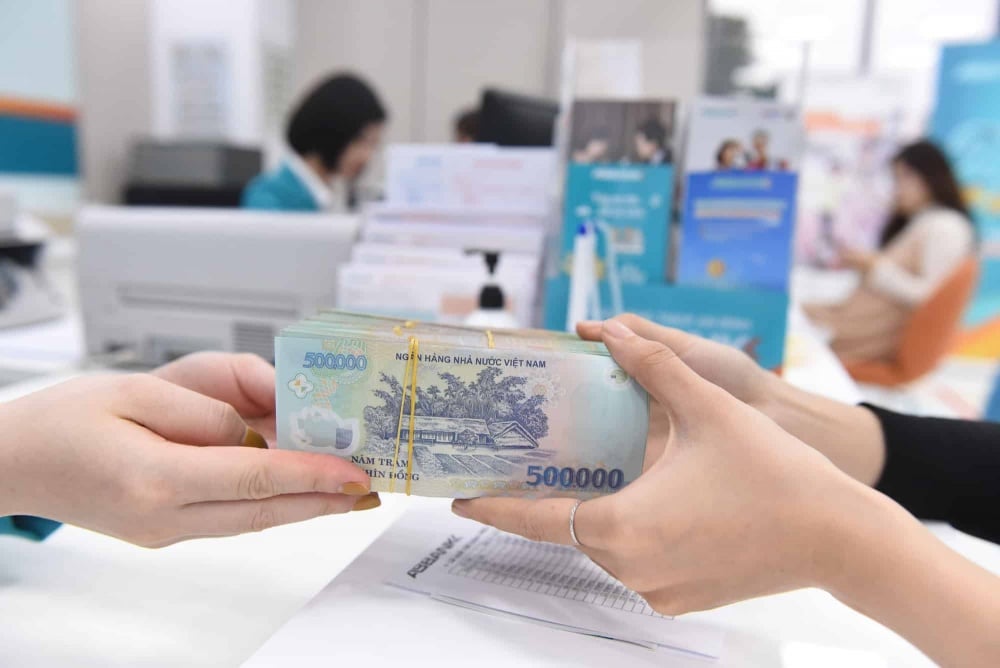

![[Photo] "Beauties" participate in the parade rehearsal at Bien Hoa airport](https://vstatic.vietnam.vn/vietnam/resource/IMAGE/2025/4/11/155502af3384431e918de0e2e585d13a)


















































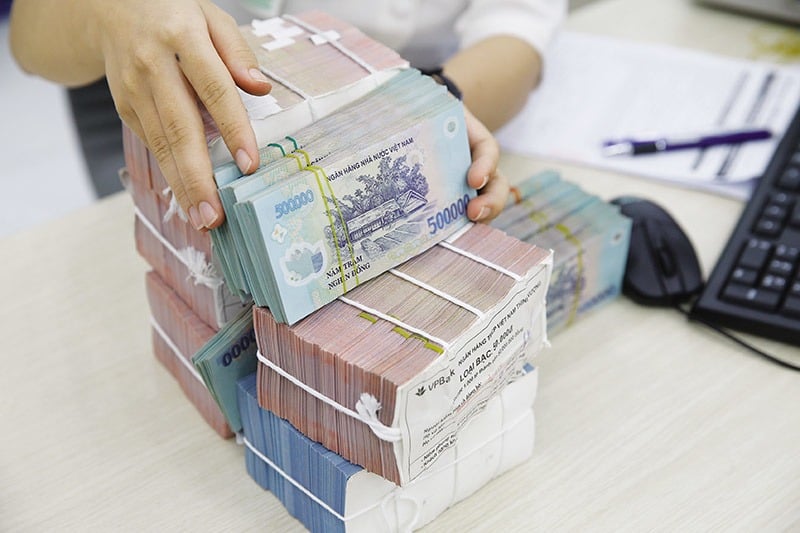










Comment (0)